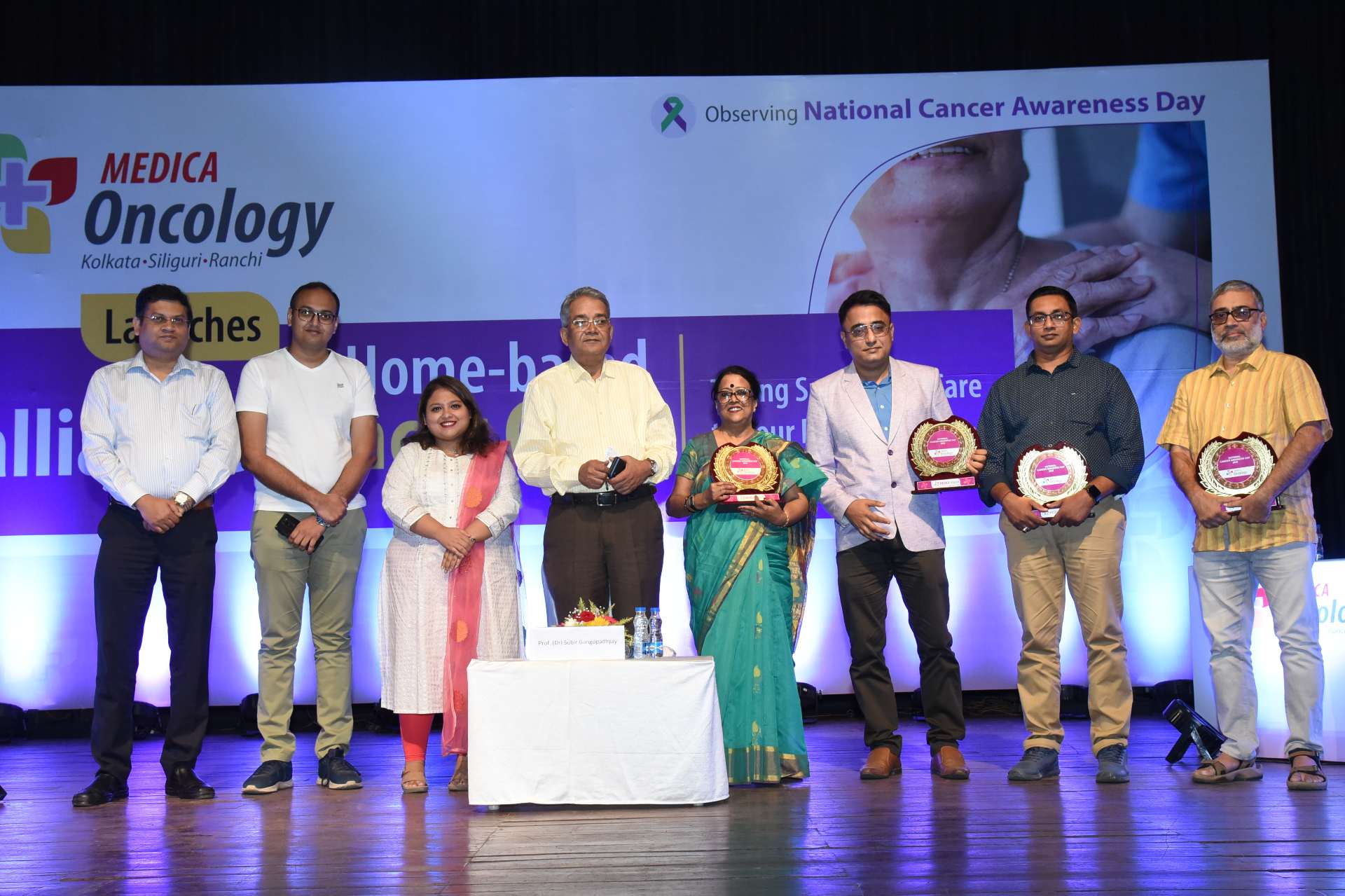Agam Pandit, an Indian-origin young and dynamic entrepreneur, is currently the Managing Director and CEO of Asia Region of Quantum Age Corporation and Managing Partner/ Executive Vice President for Global Operations at ADC Energy. His focus on the entrepreneurial journey has made a deep impact in multiple companies and intervention in top-notch scientific establishments, including NASA. In a freewheeling discussion with NFAPost Editor-in-Chief N V Vijayakumar, US-based entrepreneur / philanthropist Agam Pandit shares his vision on coming up with sustainable business models and how technologies are disrupting global industries.
Q: Can you share some insights from being a cricket player and then a student in Harvard and now an entrepreneur the journey of yours?
A: As a cricket player, it was a great experience being a part of the Junior Indian Cricket Team, who won the first-ever Junior Indian World Cup, beating Pakistan at Lords. Meeting the President and Prime Minister of India at their residence after the win was such a big moment in my life at such a prime age. I learned a lot over the years as a cricket player in terms of discipline, hard work and motivation. Alongside cricket, I always had a dream and vision of being a successful entrepreneur. With that vision in mind, meeting iconic individuals inspired me to further my dream. With the blessings and support of my parents Mr. Manohar Pandit and Mrs. Girija Pandit, I have come very far. The person who has been the most inspiring and motivating is my wife Maegha Pandit in my journey. I shifted to the US with her, as she is a US citizen, and furthered my journey as an entrepreneur. With her guidance, I got a diploma from Harvard Business School.
How do you perceive technology and its impact on business and society?
In today’s world, it is highly influenced by technology in totality. New innovative ideas are created daily. In terms of business, it produces high revenue since many individuals rely on this technology, especially in the healthcare field, banking, education, etc. The future is technology; Individuals like Bill Gates, Elon Musk, Ratan Tata, etc provide investment for the betterment of technology. As a society, it gives a great benefit in terms of healthcare, as I mentioned earlier, where things are very critical. In the banking sector, where there are many chances of fraud, and national security, where there is chances of data theft and cybersecurity breach, etc. and most importantly for the world on climate change and green energy, technology is very crucial.
You have global exposure. Can you share the advantages of working on a global scale?
There are many advantages working at such scale. You get different perspectives and ideologies from different countries, thus getting unique experiences. Then accordingly getting such insights from different countries and top individuals, you can implement a strategy to help mankind.
What all works Quantum Age Corporation is doing currently? How are you planning to engage with India?
Quantum Age is one of the pioneers of technology, having more than 1000 patents, and currently focused on EV (Electronic Vehicle) sector, battery, agriculture, healthcare, fintech/blockchain, etc. In India, we are planning to come with EV sector for the middle and lower middle class/underprivileged specifically. It will benefit India by raising their economy through job creation and providing green energy. We will create manufacturing plants for EV sector. For Battery, there is an energy storage requirement in India, so we plan on providing organic batteries in areas where there is a lack of energy storage facilities, especially in the rural areas. There is no lithium in our batteries, which is part of our company’s mission to provide clean energy. For agriculture, our goal is to provide an environment technology working towards a pollution-free country.
You are working with NASA very closely. Can you divulge some details on this engagement?
With ADC Energy Co where I’m the managing partner/Executive Vice President, we are working towards an outer space project with NASA for the testing on the moon and Mars. With the collaboration of NASA, we are coming up with a revolutionary technology where we will save more energy and power as an individual as well as a company, by saving on utility bills, as well as being more efficient and changing the whole energy system worldwide.
India is going through tectonic disruption with an ambition to become a $5 trillion economy before 2025. How do you see the present state of affairs in the country?
I feel the present state has improved over time and the government is really supporting in terms of international investments with good subsidiaries, and tax benefits. They also have a good vision for future developments and technologies and making a good infrastructure for future generations. Additionally, they are encouraging the youth for innovative ideas to help the country grow into the new age.
Entrepreneurial journey very very important in the life of every individual? India’s youth are dreaming a lot that the country has emerged as the third-largest startup ecosystem in the world. What is your advice to them?
Yes Entrepreneurial journey is very important for every individual as Ability to Learn. The ability to learn is one of the most important skills to have in life, let alone in entrepreneurship. If someone is building a business, however, the ability to learn is required for success. The ups and downs an entrepreneur goes through are unavoidable.
My advice is to break the entrepreneurial process into five phases: idea generation, opportunity evaluation, planning, company formation/launch, and growth.
Quantum technology, 5G, AI/ML, metallurgy etc are disrupting the world. What is your advice to the Indian government and states to be a leader in this regard?
For better policymaking and regulations, the focus should be to develop an overarching strategy for the next 10 to 15 years. The strategy must ensure that there is no misallocation of resources and that the efforts put in are concentrated in key areas that provide both economic and strategic benefits. Additionally, adequate attention to those who can contribute to developing quantum technology must be the government’s top priority.
It would also be prudent to develop a regulatory framework for quantum computing before it becomes widely available, defining the limits of its legitimate use, nationally and internationally.





